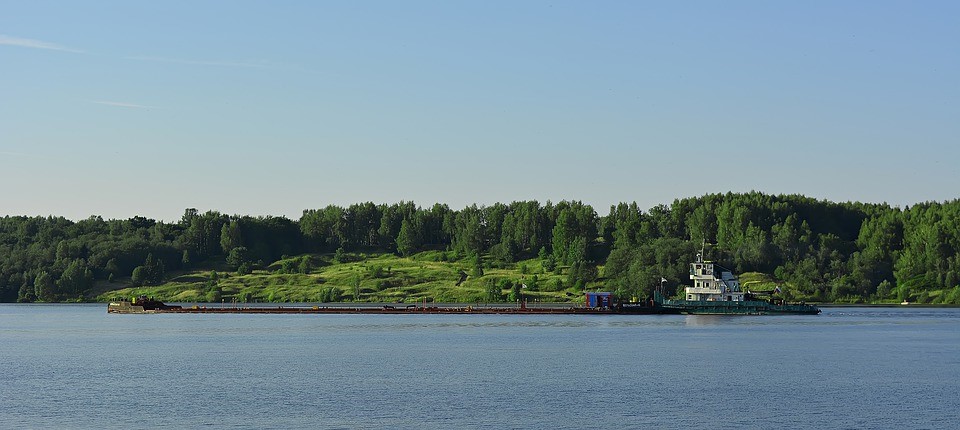Don’t be fooled.” That is the advice many military analysts watching the Russia-China relationship are espousing this week. While China publicly is distancing itself from Russian aggression in Ukraine to buffer itself from Western economic sanctions, it still is helping Moscow on a number of fronts that will enable Russia to project hard power far beyond its shores into Central Asia. How long and solid the relationship remains may be determined by their joint hatred of the United States.
Putin quietly sought $10 billion in Chinese assistance this spring to widen and deepen the Volga-Don Canal. The water in the inland waterway is only deep enough to float large naval vessels about eight months out of the year. Paul Goble, of the Jamestown Foundation, suggests that “even amidst the war and tightening Western sanctions, [the canal] highlights how important riverine traffic is for Russia economically, geopolitically, and militarily.” Putin is willing to accept economic assistance from China to strengthen his own military position. Three weeks ago, Evgeniy Gaiva, writing in the Russian publication rg.ru attempted to cast the canal project solely in economic terms. “It may be more profitable to develop year-round navigation on inland waterways in southern Russia than to expect the construction of a lock at the Gorodetsky hydroelectric complex to solve the problem of the Volga shallowing, according to the Russian Union of Industrialists and Entrepreneurs.” In March, representatives of China’s CCCC Dredging Group traveled to “Russia…to discuss…the possibility for Chinese firms to take part in dredging operations,” according to Goble. The project is taking on a security tone. It may become even more important in the coming decade it Putin is less than fully successful in his current war in Ukraine. Goble points out that “Such cooperation will enable Russia to use the canal not only to promote a role for itself in China’s east-west trade but also for military and security purposes.”
Although it will take years, once dredged, the canal will provide Moscow with an enhanced ability to put pressure on Ukrainian territory using its navy. It also will be capable of carrying containerized shipping at a lower price than China-backed railways can offer in the area. A Jamestown Foundation article reports that “it will not only boost economic traffic in the south but allow Russia to achieve two goals. First, it will open up a path for the Caspian Flotilla to leave that sea and supplement Russia’s hard-pressed navy in the Sea of Azov and Black Sea. And second, it will enable the integration of river and canal traffic in southern Russia into Moscow’s broader, oft dismissed, plans for using its rivers and canals to the north and west to project Russian influence.”
China’s Foreign Ministry recently called its relationship with Russia a “new model for the world” and announced there are “no limits” to the friendship. It may be one part convenience and one part alliance but, it certainly is rooted in behind-the-scenes security issues and not simply economic ties. What is most important in the long run is to examine where Russia is colluding with China when it comes to international affairs. Yun Sun, of War on the Rocks, suggests “Their alignment is based solely on their shared anti-U.S. agenda and leadership preferences.” Xi is powerful because China is powerful, but Putin is seen as powerful even when Russia is weak,” according to Yun. Xi nicknamed Putin “the Great Emperor” as he is considered intelligent, decisive, manipulative, and powerful. It is a status that Xi deeply desires. Russia needs China today. But it is Xi Jinping’s “Russia complex” and admiration for Vladimir Putin that results in a selective bias in his judgement about Russia’s national power. Yun says that Xi is prone to “overestimating Russia’s strengths and reliability, while underestimating its weaknesses.” They are held together, in large part, by their adversarial relationship with the United States. Behind Putin’s back Xi Jinping has commented that he is concerned Russia will become a “gas station disguised as a nuclear power.” It appears Putin is willing to take what he can get from China to make sure that this doesn’t happen.
Daria Novak served in the U.S. State Dept.
Photo: Volga River (Pixabay)
